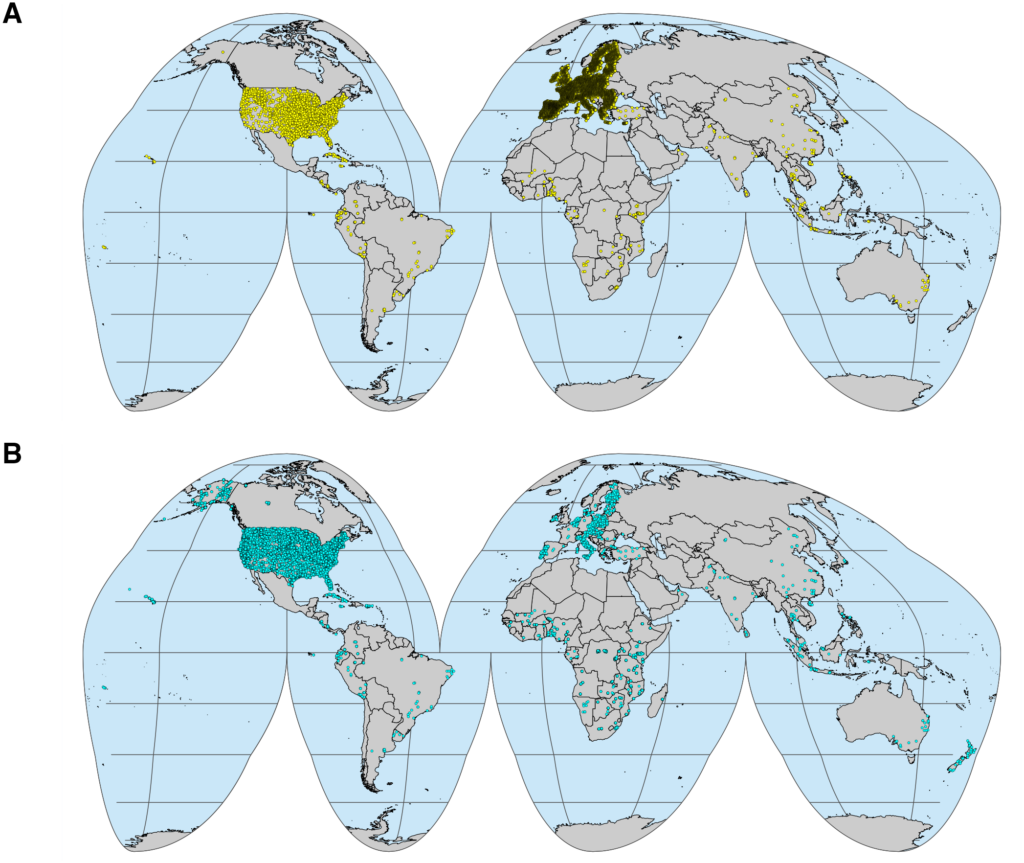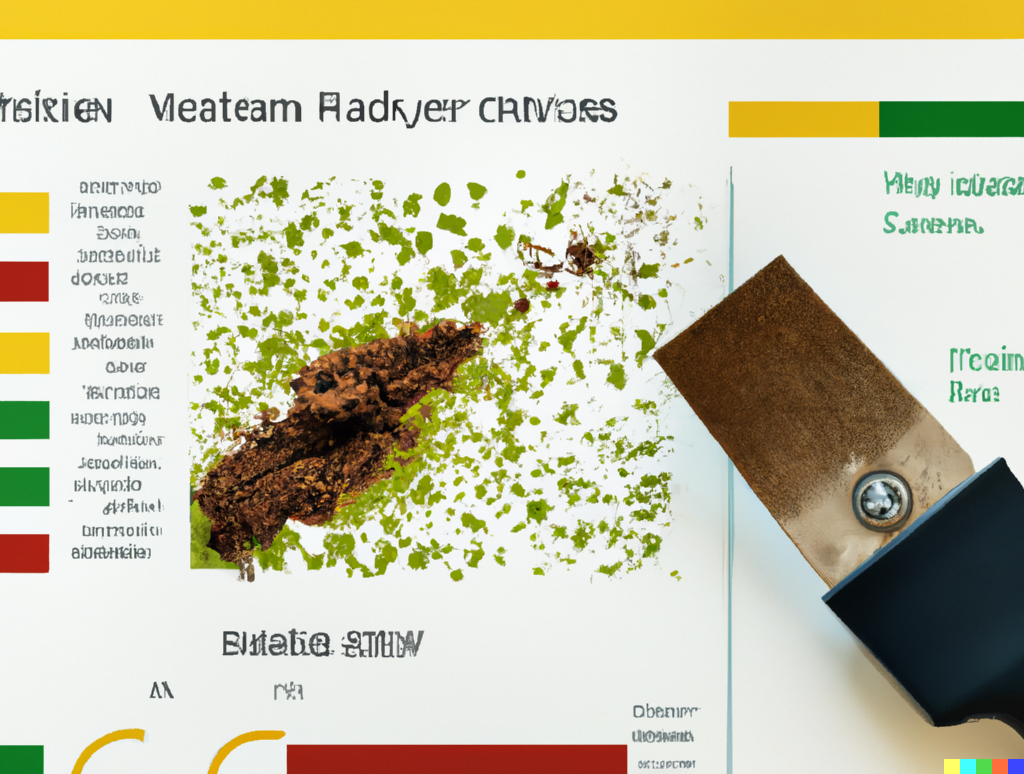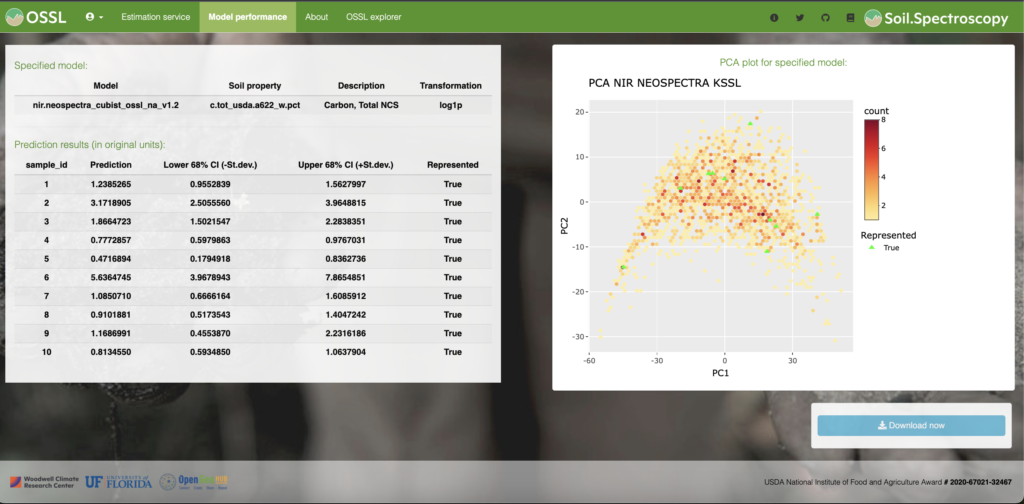An applied online platform for soil properties estimation using spectroscopy has been developed by the Department of Soil Science, University of Sao Paulo, Brazil.
The Applied Brazil Soil Spectral Library (BSSLap) aims to demonstrate in a simple and interactive way, some practical applications that can be explored when a soil spectral library is assembled. For this purpose, the BSSLap uses the 60,000 soil samples from the Brazilian Soil Spectral Library (BSSL) database. Initially, the proposal of BSSLap is to show qualitative and quantitative applications of soil spectral data. It does not aim to deepen the subject, but mainly to provide a first contact to users interested in the subject, thus demonstrating the potential of these data for environmental science, soil science and agriculture.
The work team is coordinated by Prof. José Alexandre Demattê and is composed by all the members of Grupo de Geotecnologias em Ciência do Solo (GEOCIS), who over the years have helped in the formation of BSSLap. There are also researchers, who are the external members of BSSLap and provided samples in order to develop the database. The platform is based on the paper Demattê et al. (2019).
To this end, we on behalf of the team are pleased to invite you to participate in this unprecedented initiative. It is a dynamic procedure to test and evaluate the platform model. You insert a soil spectrum and the system freely delivers the soil analysis to your email.
To participate and test the BSSLap estimation service, follow the steps below:
1- Access the website (besbbr.com.br).
2- Choose the preferred language.
3- Click on the BSSLap Applications.
4- Register.
5- Upload your spectra (You can ask for the quantification by VIS-NIR-SWIR and/or MIR).
6- Ask for the soil properties you want to be analysed.
7- Receive the results in your email.
8- Compare the estimated results from the BSSLap service with your wet laboratory results.
When you receive the results, the system will ask you to contribute and deliver back to us your wet analysis from the same spectra, which is optional.
We understand that inserting spectra from a geographical region not represented by the current BSSL database may result in poor predictions. On the other hand, we also believe that this would be an opportunity to test the limit of this approach and bring light to other initiatives that are trying to overcome current geographic limitations of existing spectral libraries.






